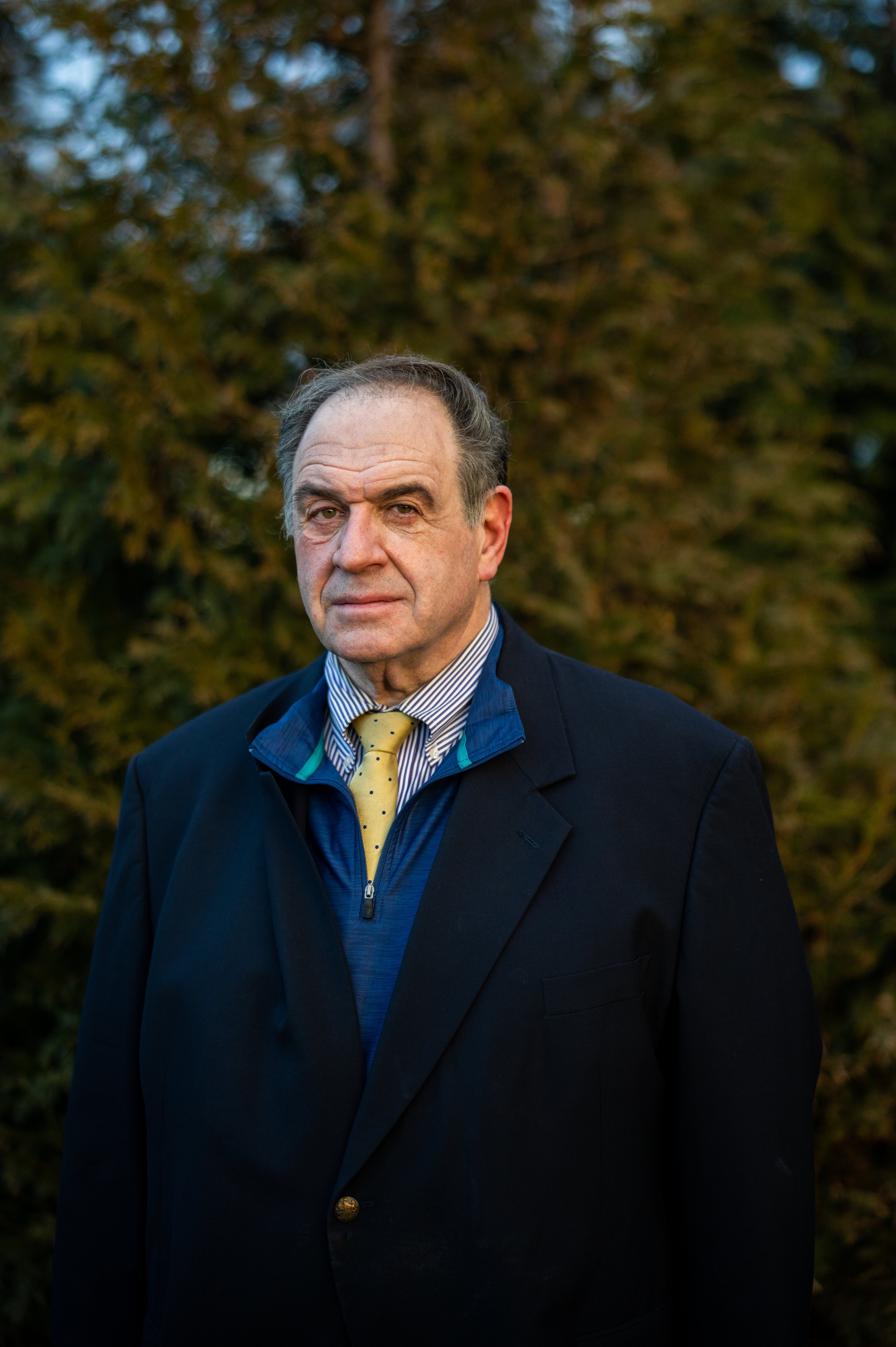Hundreds of US companies have ceased or significantly limited their dealings with Russia in the last two weeks, a mass departure that defies historical precedent. Helping drive that exodus: enormous pressure from workers who feel strongly that their employers should leave Russia.
That’s one observation by Jeffrey Sonnenfeld, who we reached out to this week to discuss what some are calling an “unprecedented” moment for businesses’ willingness to take actions on moral imperatives at the expense of their bottom lines. The senior associate dean of leadership programs at Yale School of Management and a longtime advocate for corporate social responsibility, Sonnenfeld is known these days for his “lists”: one identifies the major companies that have curtailed operations in Russia since its invasion of Ukraine while the other identifies companies that continue to have “significant exposure” there.
Since Sonnenfeld unveiled his lists on Feb. 28, hundreds of companies have announced suspensions; McDonald’s, Starbucks, and Coca-Cola unveiled changes the same day the Washington Post wrote about the list. Sonnenfeld, who has previously worked to pressure companies on areas like gun control, said he is now fielding calls from CEOs and other executives grappling with the issue. In other words, there are few other people with deeper insight right now into the forces swirling within companies and the dynamics behind their decisions.
While some of the departures were certainly based in pragmatism given the challenge of doing business in a Russia cut off from the global financial system, Sonnenfeld said this wave of boycotts is strikingly different from prior corporate movements in several ways:
- White-shoe professional service firms, like those in management consulting and law, decided to curtail their Russian business with surprising speed. “They aren’t always able to engage in conflict, especially in geopolitical matters, and here they were,” Sonnenfeld said.
- Driving these firms’ decisions aren’t investors (the consulting and legal companies aren’t public), nor consumers (who by and large aren’t aware of them). What is driving them is their own employees. “I buy into this pandemic/endemic/Great Resignation spirit or Gen Z mindset where social image is so important to where people shop, where they buy as consumers, where they invest,” Sonnenfeld said. “They have these workers saying they were ashamed to be part of a firm involved in supporting the devil. There was an internal revulsion that led to a quick retreat.”
- Employees at the small list of US companies still doing business with Russia are not happy, and they aren’t afraid to do something about it. Sonnenfeld said in the last two days he’s heard less from the CEOs and more from their employees, who are coming “in waves, multiple people from the same company, with great intensity.” “Initially we were going through public documents and SEC statements,” he added. “Now we’re being fed this huge tidal wave of Wikisources—insiders unhappy about what their bosses are doing. They are giving us information to work with.”
Companies including PepsiCo and some pharmaceutical firms are retaining at least part of their operations in Russia (Pepsi, for example, continues to sell baby formula). These firms argue that some products should continue to be sold for humanitarian reasons.
McDonald’s announced it was temporarily closing all of its locations and pausing its operations. “We understand the impact this will have on our Russian colleagues and partners, which is why we are prepared to support all three legs of the stool in Ukraine and Russia,” read a statement from McDonald’s CEO Chris Kempczinski. He then said the company will continue to pay its 62,000 employees there (About 6.5% of Russia’s workforce is employed by groups that are either foreign-owned or have joint Russian and foreign ownership.).
Sonnenfeld disagrees with such approaches. “We don’t care about making this a soft landing,” he said. “We intend hardship. That’s the idea, because we want to shut down this economy.” He argues that a full boycott is particularly important here because Vladimir Putin’s strength lies in his “aura of full control of all spheres.” When your local McDonald’s closes and your credit card stops working, it can lead you to question that aura of control, he argues.
Sonnenfeld doesn’t hesitate to compare what’s happening now to Nazi Germany. “People say that’s overblown, but I don’t think so,” he said. “When they’re blowing up children’s hospitals, gunning people down during a ceasefire, it’s not overblown to draw a parallel to Nazi Germany. It’s horrendous.”
Companies will long be judged for what they decide to do now. And if there is a lesson already to be learned, it is that employees will have a say in this and other battles.
